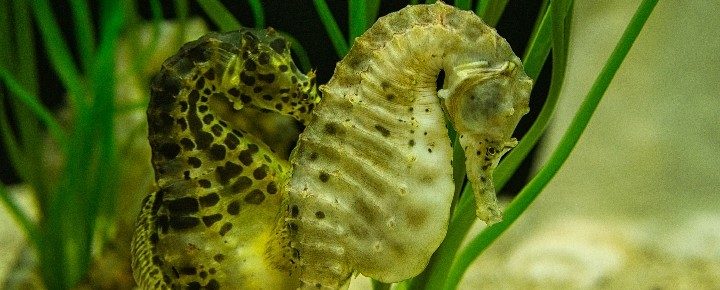Seahorses are not a regulated in Hawaii and don’t currently have legal protection. Others say this favorite Hawaii activity is gross exploitation.




Seahorses are not a regulated in Hawaii and don’t currently have legal protection. Others say this favorite Hawaii activity is gross exploitation.
PETA said it best!!!
The sea horse farm is a good thing. Not taking fish from the wild is a great thing. It also protects the species from not serving
Get a life !!!
Are you speaking to the poor Seahorses?
We once visited the Sea Horse farm once and enjoyed it, though it was pricey. I notice one important fact is missing from this post and that is wild seahorses only eat live food, farm raised eat dead food. Thus, captured wild seahorses die of starvation in captivity.
From Seahorse.org:
“Seahorses are ambush predators, feeding primarily on crustaceans, mostly shrimp. In their wild state, most seahorses only eat live food. In our aquariums, Wild Caught specimens often don’t recognize many food items offer that are not from their natural environment. This includes dead food, which they just don’t see as food unless trained to make the switch.
Captive reared seahorse, on the other hand, are almost always willing to accept frozen.”
For years I had a large saltwater aquarium in my home. While I never raised seahorses, I would much rather buy a farm raised fish than those that are wild caught for a number of reasons. The main reason is that farm raised fish are much better adjusted to life in an aquarium than wild caught fish.
I am the original comment quoted above that was asking about the Seahorse Farm.
We were told at the farm that they were saving seahorses lives but when they described how they have changed the natural mating from seahorses mate for life to now they have them mate with multiple seahorse’s for breeding and then that the company was against aquariums but then when asked they said we only sell to legit aquariums with ethical practices we were confused. My husband and I came out of there not feeling well about the animals. Then when we saw your article at the airport I felt terrible about the octopus. We only went to Ocean Riders because it was advertised on a few travel sites and a few youtubers videos and we foolishly thought we were helping.
Big surprise that PETA (which to me means People Eating Tasty Animals, not what they think it means) doesn’t like this. Not my first choice of outfit to go to for comments.
If this farm was a nonprofit seahorse farm set up for educational and research purposes to help fight poaching then that would be more ethical. However, this farm seems to be for profit only. So I’d have to say that places like this should be regulated.
The same people who are whining about this are probably carnivores.
Poor little cattle and other proteins do not spend their natural lives in a wonderful environment.
So going to PETA for a comment helps this argument how?
Never could quite part with $75 for the tour, but I really do not do tours anyway.
HMMM. Why is raising seahorses any different from farming fish on the endangered species list, or raising shrimp or any other spieces for eating. Not advocating eating seahorses, but it would seem that there life in an aquarium is better than possible death at the hands of poachers. Just saying.